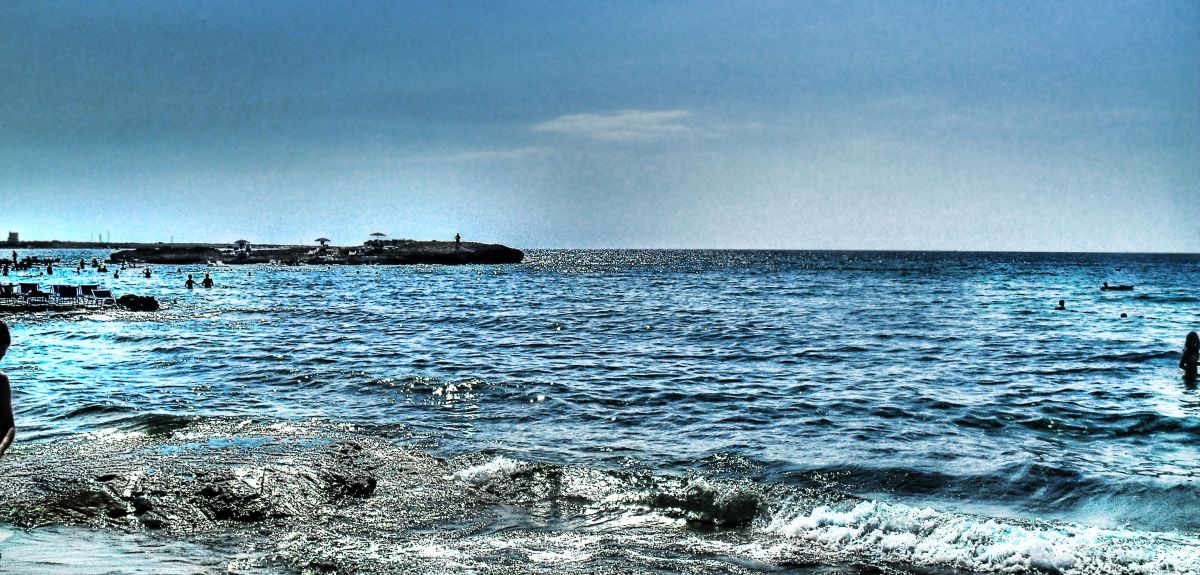
Benedetto Iurlaro (Flickr)
Are scientists 'too valuable to die' in war?
This year is the 100-year anniversary of the death of Henry ‘Harry’ Moseley, a promising English physicist who died in Gallipoli in World War One in 1915, aged only 27.
His work on the X-ray spectra of the elements provided a new foundation for the Periodic Table and contributed to the development of the nuclear model of the atom.
He had been tipped for one of the 1916 Nobel Prizes and when he died, newspapers on all sides of the conflict denounced his death. One English newspaper declared he was “too valuable to die”.
To mark this anniversary, TORCH | The Oxford Research Centre in the Humanities and the Museum of the History of Science have co-organised a discussion on this question tomorrow evening (13 October).
Taking part in the discussion will be Silke Ackermann, director of the Museum of the History of Science; Liz Bruton, co-curator of the ‘Dear Harry’ exhibition into Henry Moseley’s life, and Nigel Biggar, Regius Professor of Moral and Pastoral Theology at the University of Oxford.
Professor Biggar has given Arts Blog a preview of his argument.
'In one sense, scientists are not special: surely every individual is too valuable to die. More exactly, unless we think along pacifist lines, scientists along with everyone else might have a moral duty to risk their lives in war for a just cause.
'Indeed some scientists might prefer not to be privileged with a special, safer status: for example, the future socialist economic historian, R. H. Tawney, deliberately chose to fight in the ranks as a non-commissioned officer.
'What's more, scientists ought not to pretend that somehow their academic calling exempts them - like medieval clergy or religious Jews - from the demands of political duty that fall on every citizen.
'If we think that Britain's fighting at all in WWI was just a dreadful mistake, then Moseley's death (like every other death) at Gallipoli was a tragic waste; but I suggest that Britain's belligerence as a whole was not a mistake, even if parts of it (like Gallipoli) were.
'All that said, however, there are of course very good pragmatic reasons why a country at war should exempt certain classes of citizen from front-line service--whether to play alternative important roles in the war effort, or whether to preserve cultural stock for the peace: maybe Henry Moseley should have been one of them.'
Tickets for the event are free, and can be booked online here. This is part of the programme of events for the centenary exhibition, 'Dear Harry...' - Henry Moseley: A Scientist Lost to War, staged by the Museum of the History of Science with support from the Heritage Lottery Fund (HLF) which has been now been extended until 31 January 2016 due to popular demand.